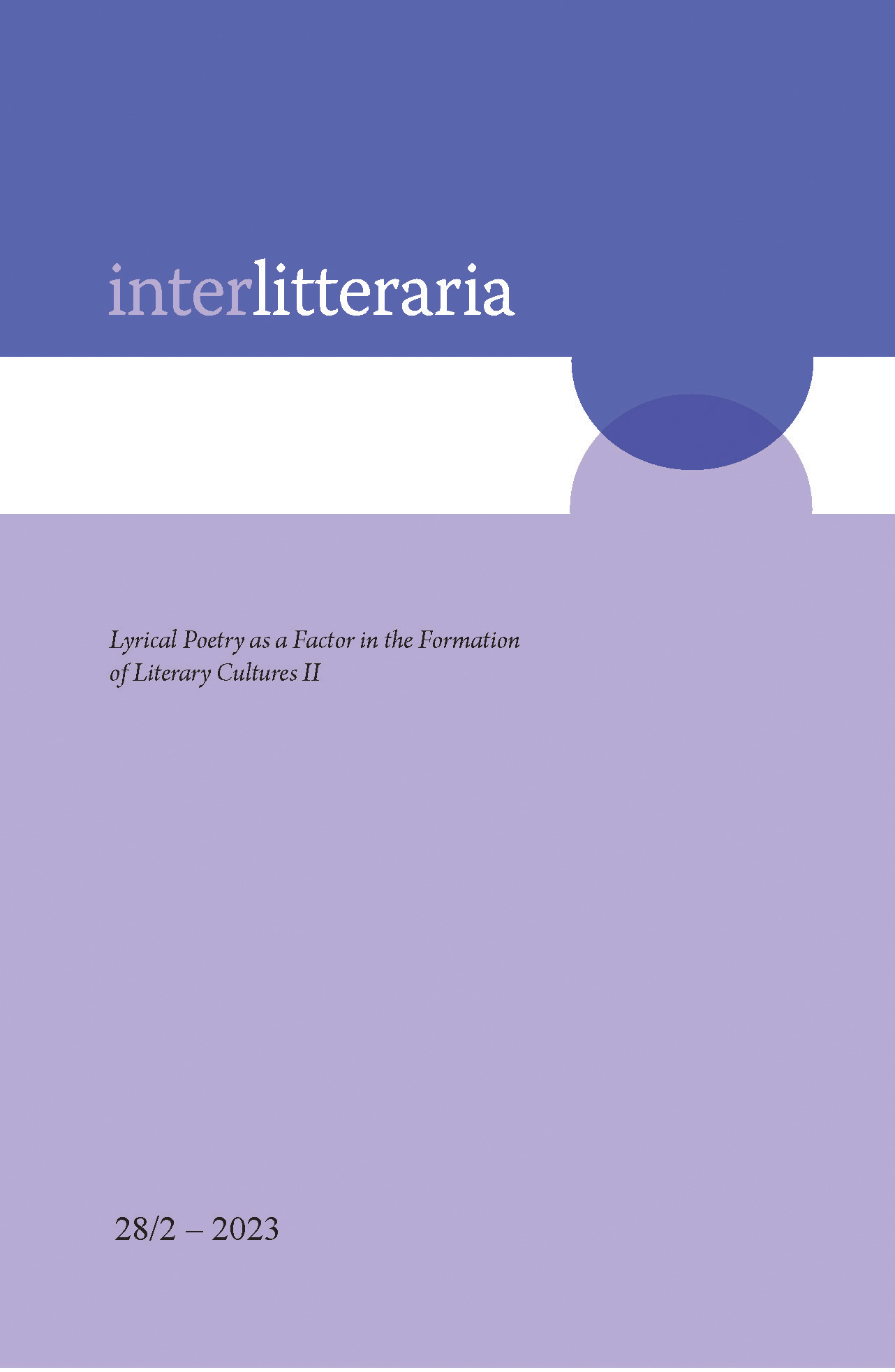World Literature and Mythology: Guarantees of Freedom of Man and Nation in Sigitas Geda’s Poetry
DOI:
https://doi.org/10.12697/IL.2023.28.2.7Keywords:
cultural identity, intertextuality, mythology, World Literature, Sigitas GedaAbstract
In this article, the author uses the theory of intertextuality (Julia Kristeva, Gérard Genette, Marco Juvan) to analyse reflections on the openness of cultural identity and Europeanness in Sigitas Geda’s (1943–2008) poetry and his commentaries. The objective is to discuss how resistance to Soviet ideology could be constructed in mythological and world-literary contexts. Johann Wolfgang von Goethe’s vision of the universality of World Literature has remained important in Geda’s work. The Lithuanian poet adopted and applied it in his work by creating a mythological foundation as a unifying universal, a synthesis of Lithuanian and various national cultures. In this way, he conveyed a deeper sense of European identity, coming from the intertexts of modern World Literature (especially the poetry of François Villon, Johannes Bobrowski, Rainer Maria Rilke, and Paul Celan). Geda freed the imagination of a reader constrained by the Soviet occupation and directed it towards the universal world.
Downloads
Downloads
Published
Issue
Section
License
Copyright (c) 2023 Karolina Bagdonė

This work is licensed under a Creative Commons Attribution-NonCommercial-NoDerivatives 4.0 International License.
The contents of Interlitteraria are published under CC BY-NC-ND licence.


